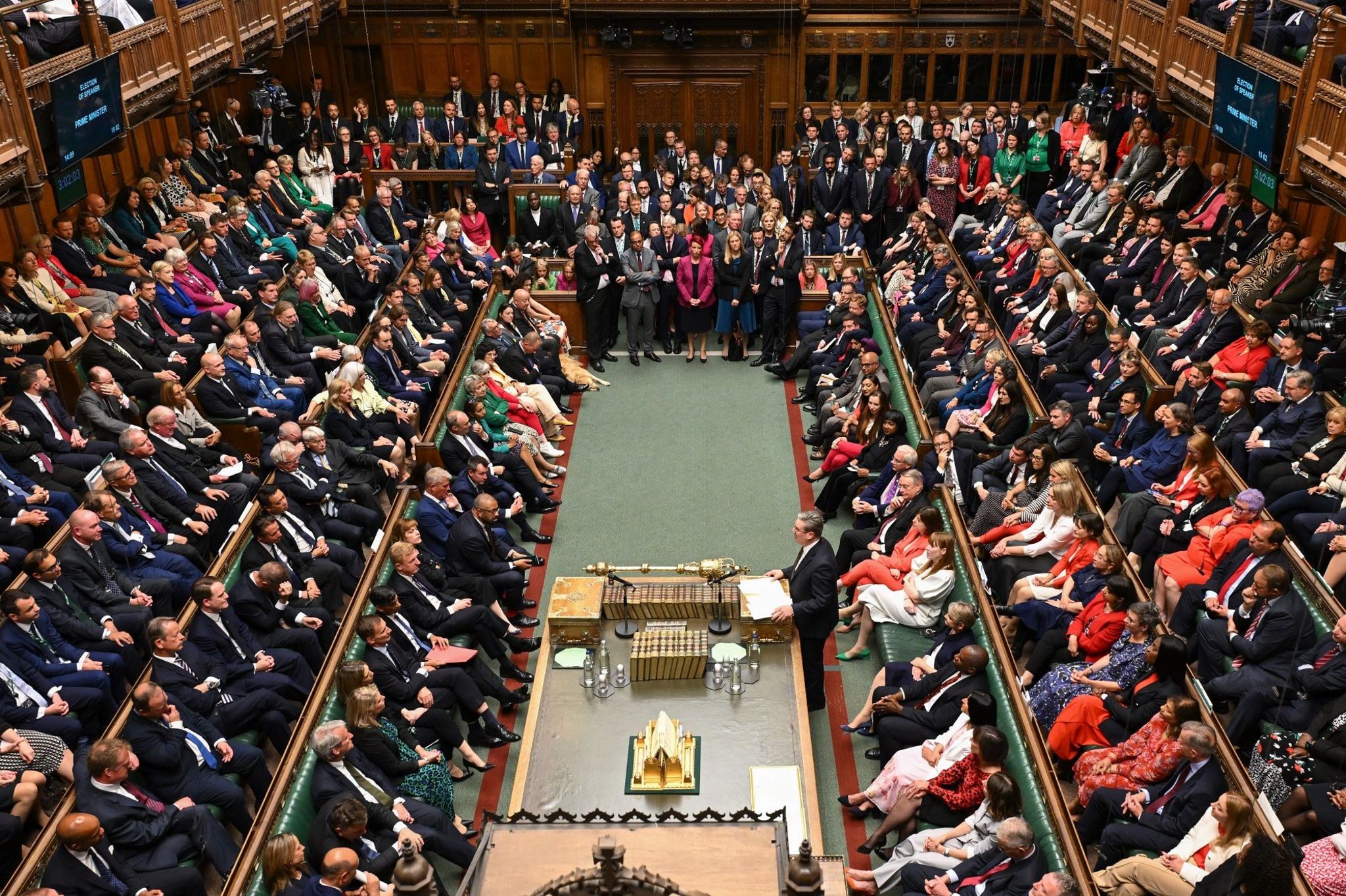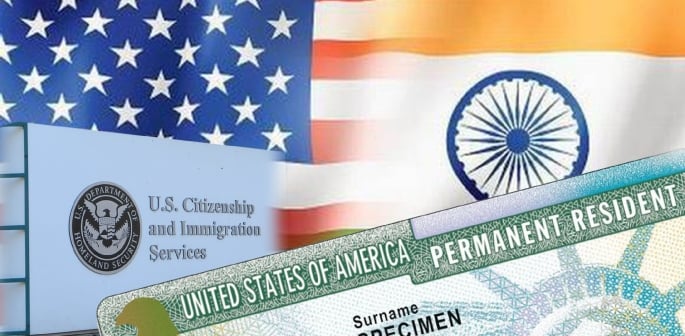The US is granting Employment Authorisation Documents (EAD) with a five-year validity to select non-immigrant categories, including those eagerly awaiting their green card.
The US Citizenship and Immigration Services (USCIS) announced this groundbreaking change to help streamline the process and benefit countless Indians residing in the country. Specifically, USCIS will extend the EAD validity to five years for initial and renewal EADs.
This improvement covers various non-citizens who require employment authorisation, including:
- Those seeking asylum
- Adjusting their status under INA 245
- Facing suspension of deportation
- Cancellation of removal
This strategic change aims to significantly reduce the number of new Form I-765 applications for EAD renewals in the coming years. However, the maintenance of employment authorisation still hinges on an individual’s underlying status, circumstances, and EAD filing category.
For instance, if the initial five-year EAD granted due to a pending status adjustment application is later denied, their associated employment authorisation could end before the EAD’s expiration date. This development comes as a beacon of hope for over 1 million Indians in line for an employment-based green card, as per recent studies.
Many Indians, particularly those in high-skilled professions, pursue employment status in the US. These applicants often face lengthy waiting periods due to the annual caps on green card allocations and the high demand for limited slots.
The backlog for Indian employment-based green card applicants has been a pressing issue, with many individuals waiting for years or even decades to secure permanent residency. Efforts have been made to address this backlog and reduce waiting times, but it remains a challenging issue.
The situation highlights the complexities and challenges of the US immigration system and the enduring aspirations of many Indians to secure permanent residency in the United States. Tragically, over 400,000 individuals may not live to witness their long-awaited dream of obtaining US permanent residency.
The green card, officially known as the Permanent Resident Card, signifies that its holder has been granted the privilege of permanent residence in the US. According to a study by David J. Bier of the Cato Institute, there is a record-high backlog of 1.8 million cases in the employment-based green card category in 2023.
The study further outlined that about 1.1 million of the 1.8 million cases in the backlog are from India (63%). Another nearly 250,000 are from China (14%).











